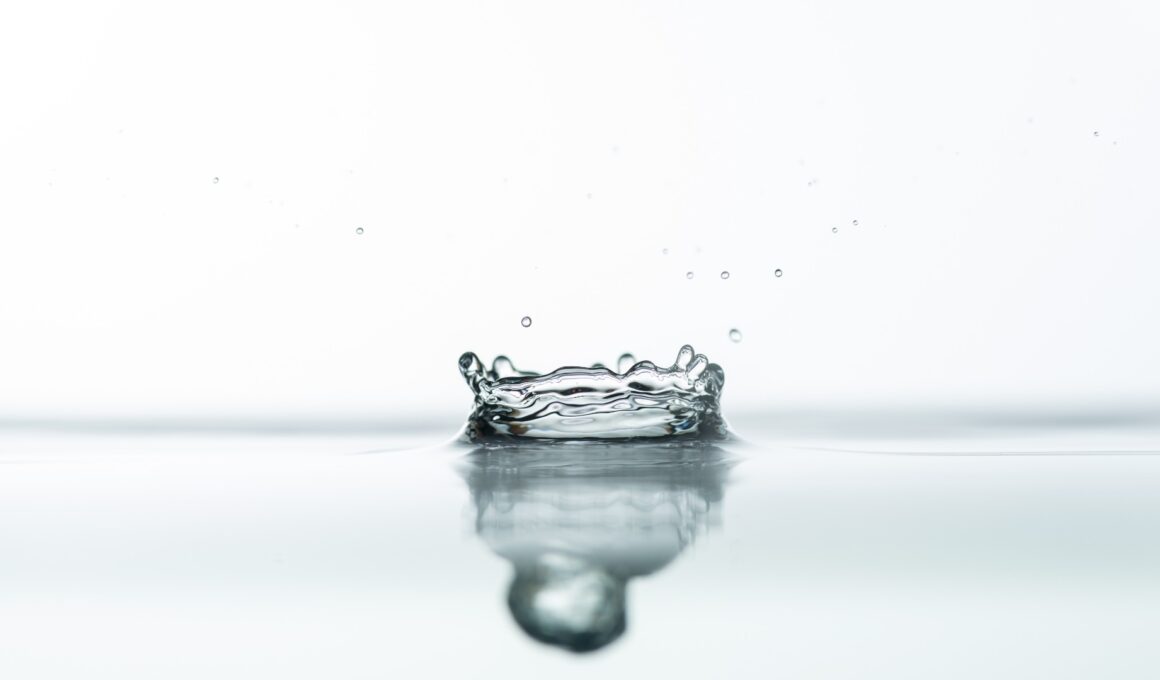If you want to do everything possible to ensure optimum health for you and your family, then there is a good chance that you will have considered the use of a water filter. Water filters work to remove tiny, trace amounts of toxins and heavy metals that can otherwise potentially cause us harm. This results in cleaner, clearer water which in turn should allow us to avoid any negative health effects from our tap water.
But what about a water softener? Does this offer similar health benefits? Or are you better off sticking with hard water?
What Is Hard Water?
First, let’s take a look at what hard water actually is. Simply: hard water is water that contains larger amounts of minerals, specifically calcium and magnesium. These are present in small enough quantities that they don’t do us any harm and in fact they may even have some positive health effects in that they could strengthen bone and connective tissue. Magnesium can also enhance brain plasticity and encourage sleep.
But if your water is very hard, then it might develop a slightly metallic taste. In this case, you can end up with limescale: deposits of calcium and magnesium that build up around the edges of taps, in kettles and even in pipes. While this still isn’t unhealthy, it can cause damage to your appliances over time and increase the need for regular cleaning and scrubbing. Not only that, but finding whole flakes of limescale in our tea is unpleasant and especially if you consider that they have likely been sitting in the kettle for a very long time.
Worse, limescale and mineral deposits can even discolor the water and lead to an odor. If you’ve ever taken a bath and found that it looks red or muddy, then this might be call for a water softener.
If you are unsure as to whether your water is hard or not, then you can consider investing in a water hardness testing kit. Another option is to take a half-full bottle of water, add a squirt of pure soap and shake. Leave it to settle and if it forms a scummy film, you’ll know you have hard water. If it has a nice lather to it, then that suggests your water is nice and soft.
This is another consideration: softer water makes it easier to lather up soap, which in turn may make it easier to wash thoroughly.
Should You Use a Water Softener?
With all that in mind, should you consider getting a water softener for your own home?
As we have seen, hard water is not actually bad for you. Rather, the mineral content could actually help you to strengthen your bones making this a good thing.
If you choose to soften your water, this will be a matter of preference – potentially to improve the taste and smell of your water and most likely to reduce cleaning and extend the lifespan of your appliances.
But what about the softening process? Does this have any negative impact other than removing the minerals?
That depends on the method you use. Most water softeners will work by adding sodium ions (salt) in order to replace the ions from magnesium and calcium. This essentially means that you are adding salt to your diet, which isn’t necessarily a bad thing. Although lowering sodium may lower blood pressure, it doesn’t appear to reduce the risk of heart disease (study). That said, increasing sodium can cause water retention and reduced hydration, so you may wish to avoid it.
Adding salt to your water will change the taste though and some people find this undrinkable.
Thus, you may wish to use an alternative ‘salt-free’ system, which will work using a filter much like a salt-based system. These don’t reduce the hardness quite as much and actually work to ‘neutralize’ rather than remove the magnesium and calcium via a polyphosphate additive called siliphos. This will inhibit the limescale deposits while still allowing you to benefit from the health benefits of magnesium and calcium. What’s more, is that these systems use filters as well which can help to move additional contaminants.
Ultimately though, this largely comes down to a matter of preference with minimal impact on the healthiness of your water.




